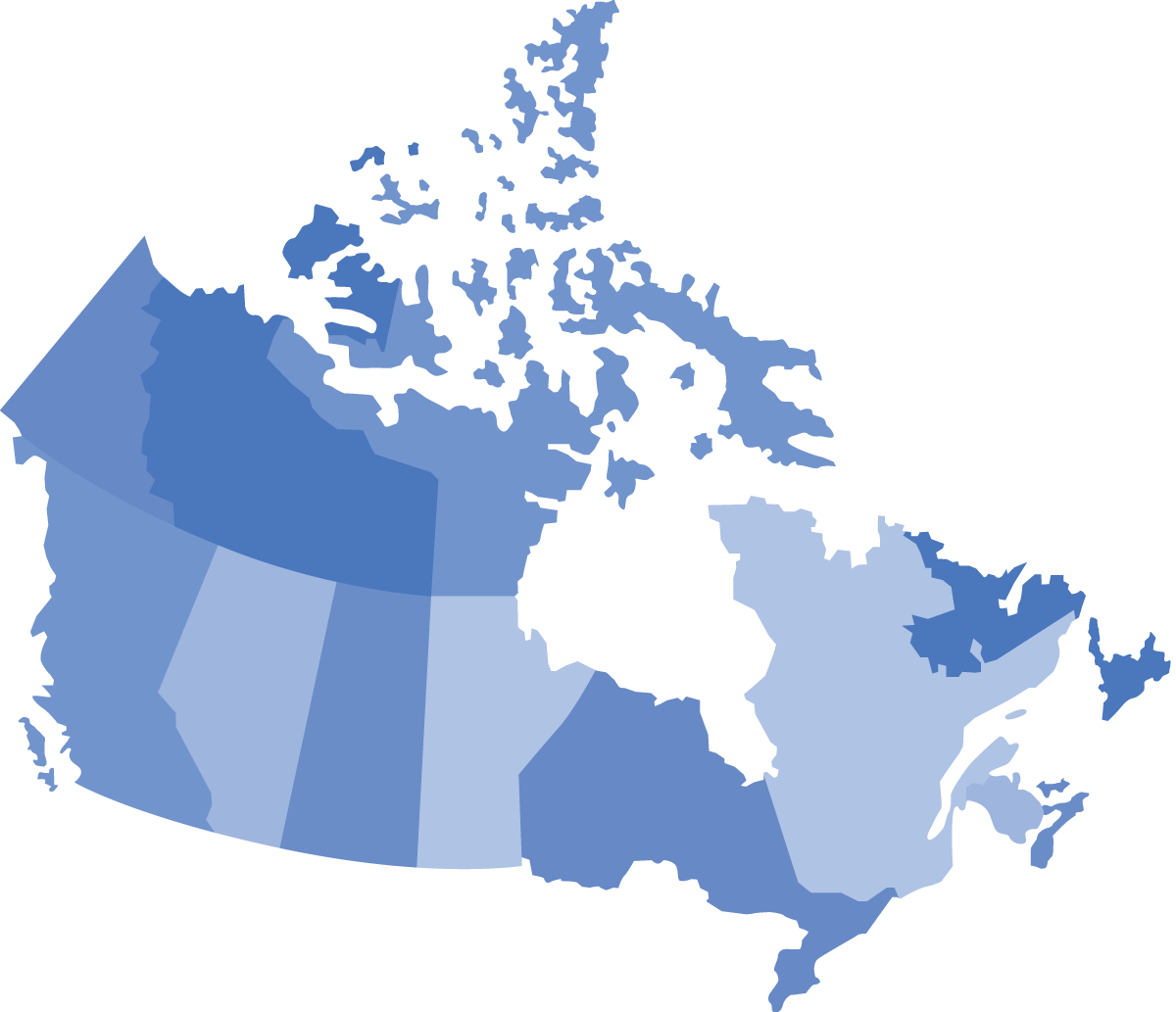-
Understanding Grief ›
-
- Truths about grief
- What grief looks and feels like
- Common challenges with grief
- Grieving before the loss
- Ideas for living with loss
- Grief triggers
- How long grief lasts
- How the loss affects families and others
- When life starts to get better
- Special dates
- Rituals, funerals, and memorials
- Do I need more help?
- Prolonged grief
-
-
Grieving a Death ›
-
Non-death Loss ›
-
Supporting Someone ›
-
Professionals & Volunteers ›
-
Resources & More ›
Grieving a grandparent
The death of your grandparent may be your first experience with death. You and your grandparent may have been very close, and they may have been like a parent to you, or you may have spent very little time with them. Either way, you may experience a range of thoughts and feelings that may be confusing and can change as time passes.
“When he died, I felt like I didn’t just lose my grandpa, but I also lost my biggest fan, the person who was forever in my corner.”
How their death affects you will depend on many factors:
Your unique relationship
- Because your relationship is unique to you, only you will fully understand the meaning of your loss.
- Your grief may seem different than someone else’s.
Your grandparent’s health
- You may have been expecting their death, or it may have happened suddenly.
- You may have many memories of your grandparent when they were well, or you may be struggling to remember what they were like before they became ill.
- Your grandparent may have told you or others that they were ready to die, and you may or may not have been ready to hear this.
The roles you had in one another’s lives
- You may realize that their death has meant additional losses – perhaps they were a confidante or a safe haven, or they may have provided you with guidance and wisdom.
- You might miss helping them as their companion, caregiver, cribbage partner, or IT expert.
- Perhaps only they knew certain details of your life or your family history.
If your grief is not acknowledged
- When an older person dies, people often see it as part of the natural order of life. They may minimize the impact your grandparent’s death has on you.
- Some people might suggest or imply that you should not grieve “too much” or “too deeply,” because they were only your grandparent. Though others may not understand how important your grandparent was to you, your experience and grief are valid.
- Comments such as “I guess it was to be expected, given his age” or “At least she lived a good, long life” may suggest that your loss is not that great. This might leave you feeling very alone in your grief.
- Your grief may feel heavier and more confusing if you do not feel it is recognized and acknowledged by others. People in your life may not understand the impacts this loss is having on your life. This is sometimes called disenfranchised or unrecognized grief.
See also:
- MyGrief.ca Module 27 - Unrecognized grief
Feeling supported in your grief is important. Some of your thoughts and feelings may surprise you or be more intense than you expected. It can be helpful to spend some time with these thoughts and feelings to see what you can learn about yourself, your grandparent, and your relationship.
Grieving alone can be very hard. Reach out to family and friends who understand or can learn how important your grandparent is to you.
Let people you feel comfortable with know what you do and don’t need, and tell them if those needs change.
You might want to engage family and friends in creating ways to remember and honour your grandparent at special holidays and life events.
- Most importantly, acknowledge the loss.
- Provide emotional support by spending time and listening with compassion and patience.
- Ask and listen carefully about how you can help but understand that the person may not know what would be most helpful - and that's okay!
- Ask them if they would like to talk about or tell you about their grandparent. If they do, you might ask what their grandparent was like - a favourite memory - what they may have learned about life from them - what they miss the most.
- Recognize that grief is ongoing and check in regularly with them
See also:
If you feel overwhelmed or “stuck” please talk to a health professional or trusted leader in your community such as a doctor, chaplain, nurse practitioner, social worker or school administrator. These trusted people may be able to connect you with appropriate programs, resources, and other forms of needed support such as grief counselling or medical care. You may be able to access counselling services if you have an Extended Health Plan, or through an employee assistance program. It will be important that they have experience in grief counselling. If you have thoughts of or plans to harm yourself or others, go to your nearest Emergency Department, call your local Crisis Line, or call or text 9-8-8 if you are in Canada. It is essential that you reach out for help.
See also:
- Do I need more help?
- MyGrief.ca Module 8 - Do I need more help and where to find it
The way that your grandparent’s death affects you will depend on many things, such as your unique relationship with them, the roles you had in one another’s lives, your health and theirs, and how they died. Events and challenges in your own life may have affected your relationship and your grief. Feeling supported in your grief is important in helping you live with and make sense of your grief.
See also:
- MyGrief.ca Module 14 - When your grandparent has died
Video Gallery
Resources

When your grandparent has died, MyGrief.ca Module 14
Your relationship with your grandparent will be unique, and so will be your grief. By identifying the particular circumstances and factors that are impacting your grief, you will be better able to come to terms with your loss and find ways to carry the memory of your grandparent forward in your life ... Read more
Discusses the five stages of grief and Rachael Cusick discusses her experience with losing her grandmother.
Tells the story of a girl and her mother who go on a kayaking trip to see the whales her grandfather loved. Shows the grief of the girl and her mother, and how grief can be an equalizer.
Follows the story of a 5-year old after finding out his Grandpa died, and the different emotions he feels during this time.
After the death of Karissa’s grandfather, an unlikely friend delivers a special gift of remembrance. A young children’s book with colourful illustrations.

When your grandparent has died, MyGrief.ca Module 14
Your relationship with your grandparent will be unique, and so will be your grief. By identifying the particular circumstances and factors that are impacting your grief, you will be better able to come to terms with your loss and find ways to carry the memory of your grandparent forward in your life ... Read more
Tells the story of a girl and her mother who go on a kayaking trip to see the whales her grandfather loved. Shows the grief of the girl and her mother, and how grief can be an equalizer.
Follows the story of a 5-year old after finding out his Grandpa died, and the different emotions he feels during this time.
After the death of Karissa’s grandfather, an unlikely friend delivers a special gift of remembrance. A young children’s book with colourful illustrations.

When your grandparent has died, MyGrief.ca Module 14
Your relationship with your grandparent will be unique, and so will be your grief. By identifying the particular circumstances and factors that are impacting your grief, you will be better able to come to terms with your loss and find ways to carry the memory of your grandparent forward in your life ... Read more

When your grandparent has died, MyGrief.ca Module 14
Your relationship with your grandparent will be unique, and so will be your grief. By identifying the particular circumstances and factors that are impacting your grief, you will be better able to come to terms with your loss and find ways to carry the memory of your grandparent forward in your life ... Read more
Discusses the five stages of grief and Rachael Cusick discusses her experience with losing her grandmother.

